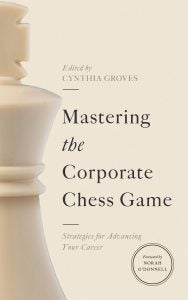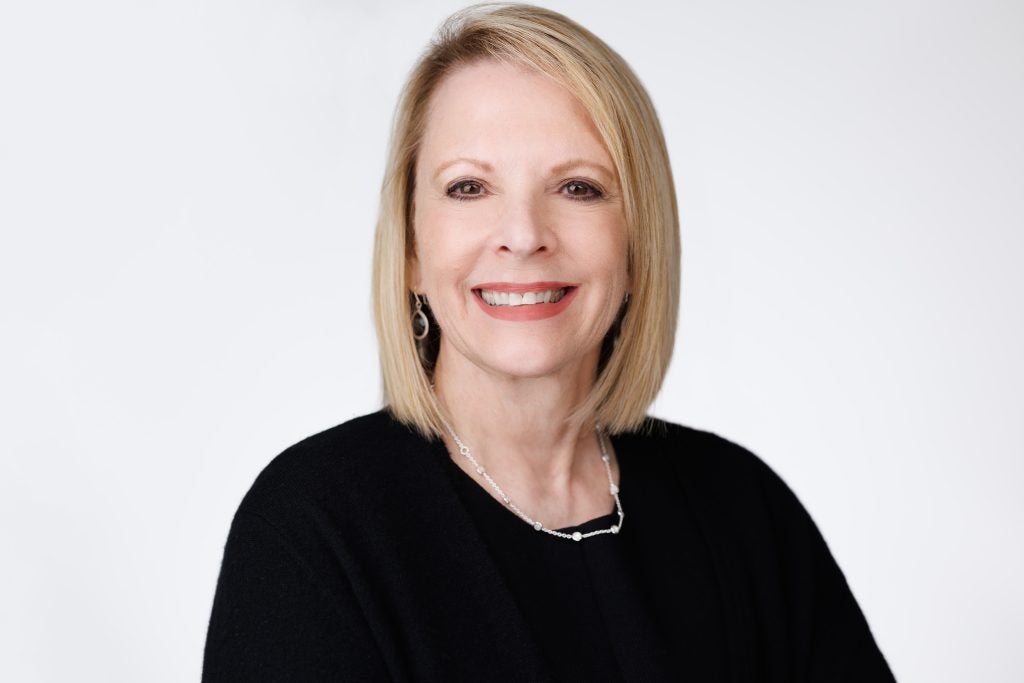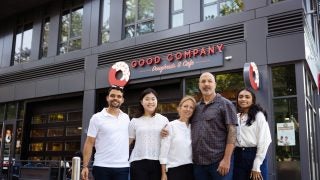What are the unwritten norms that shape a workplace and how do you navigate them effectively to get ahead in your career?
According to Cynthia Groves, adviser to the Kosoy Women in Business program at Georgetown’s McDonough School of Business and a coach in leadership and career planning, these questions require the strategic thinking needed to win in a game of chess.
In her new book, Mastering the Corporate Chess Game, Groves brings together Georgetown alumni, executives and other notable leaders to share their experiences, lessons and advice for strategically navigating corporate culture and launching a successful career in business.
The book features chapters from six alumni across Georgetown as well as top executives across industries, including a foreword by Norah O’Donnell (C’95, G’03), CBS News’ senior correspondent and a 60 Minutes contributing correspondent.
“Groves lifts the curtain on the unwritten rules to help you succeed in business,” said Mary Callahan Erdoes (C’89), CEO of JPMorgan Asset and Wealth Management. “Drawing on insights from seasoned leaders, she shares the challenges they faced and the strategies they used to overcome them.”
Alumni like Cherylyn Harley LeBon (G’14) recount beginning her career on Capitol Hill with little knowledge of politics and later landing presidential appointments in the U.S. Small Business Administration and Department of Veterans Affairs. Lizzy Conroy (C’97) shares her transition from an elite gymnast to the principal of a real estate firm in Virginia.

“The real-world insights and practical suggestions from successful executives, experts and our own alumni complements the values-based approach to business we teach in our classrooms,” said Paul Almeida, dean and William R. Berkley Chair of Georgetown McDonough.
Groves said she wanted to provide students and early-career professionals with a playbook on how to navigate the invisible rules in the workplace that may not be explicitly taught.
“Every workplace operates on a set of unwritten norms that shape its internal culture,” said Groves. “While business schools and management programs can provide excellent training in finance, marketing, strategy and research methods, they rarely prepare students for how to discern these unspoken rules that are crucial for career mobility.”
Mastering the Corporate Chess Game will be published on Nov. 3 through Georgetown University Press. To support the advancement of current and future Georgetown students, all proceeds from the book will be donated to McDonough programs.
Read some of the hard-earned wisdom from alumni featured in the book.



